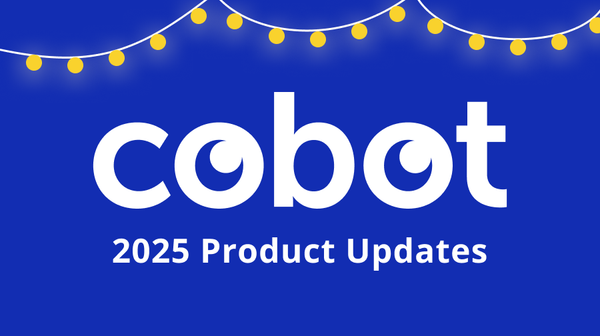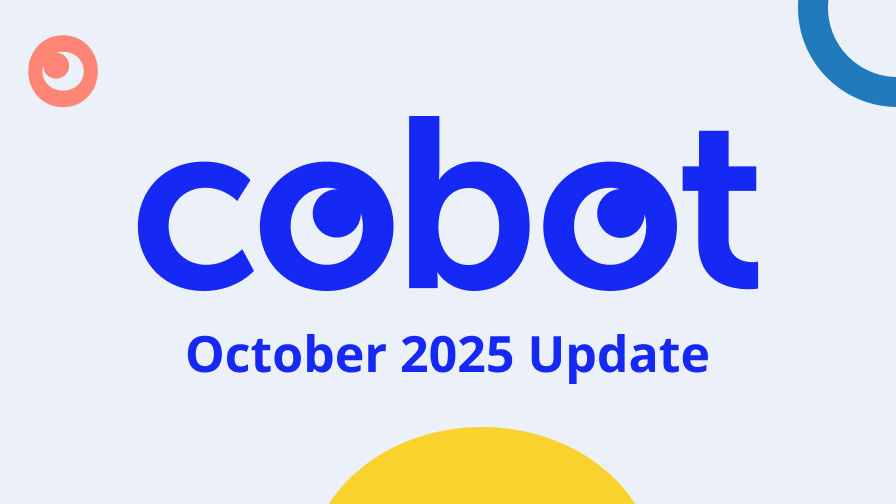A while ago Tom, from the about-to-open Coworking Bath, suggested we integrate Cobot with GoCardLess. They are a popular payment gateway in the UK, and since they worked well and offered competitive rates, we decided that the integration was worth it.
A couple of days ago we finished coding and testing, and sent an email to the spaces using Cobot in the UK. Even if you’re not UK based, and since this also seemed to be a hot topic on the Coworking Google Group it seemed to us this could be a good moment to talk about payment methods.
There are countless ways to get paid — cash & credit cards easily come to our minds, but lately other alternatives like bitcoins (and even jolly ranchers) are discussed in the coworking discussion groups. Let’s find out what this is all about — Payment methods can be classified in two big groups: manual and automatic payment methods.
Cash, checks, and other stuff from the past
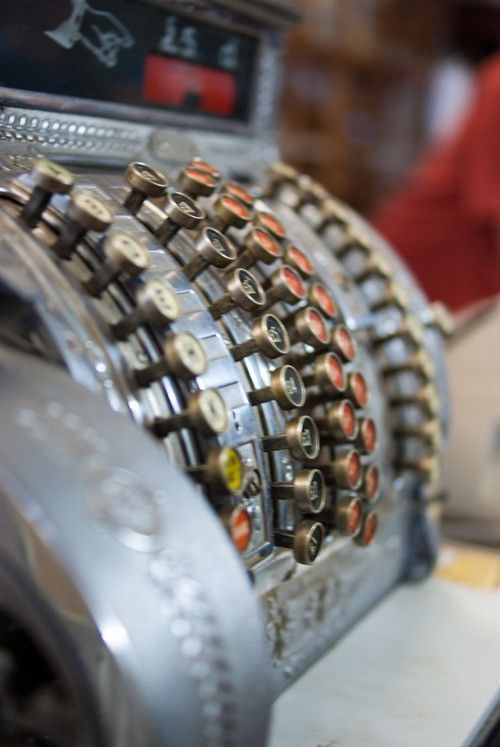
Cash payments, bank transfers, giros, or checks, must be handed to you or ordered at the bank. These methods have little or no set up and can be processed for free, but they require you to chase your members for payment, spend some hours tracking them and they are inefficient for bigger spaces.
When a member of your space receives an invoice, some time will take until you actually have the cash. You then have to go to the bank to deposit it, and mark the invoice as paid in your invoice listings, as well as make an entry in your accounting system. Times as many invoices as you had created.
If you decide to accept these payment methods, make sure that you provide all the information necessary to make the payment asap. Your desk times and your complete bank details should be shown in your invoice — including your IBAN and SWITCH code, or routing number if you are in the USA or other country without IBAN. Otherwise you won’t be able to complain if members take longer than expected to pay their invoices.
It can also be helpful to ask your coworkers to enter a specific description for the payment — such as their customer reference or the invoice number they are paying, to make it easier for you to allocate payments and follow up on debts.
Payment Cards
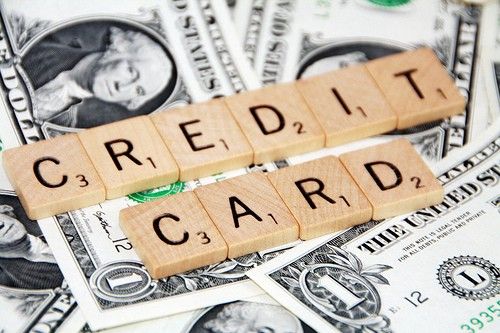
Yep, these pieces of plastic most of us carry in our wallets.
Payment cards are one of the most popular payment methods, used in 90% of the B2C transactions in the USA (According to a 2008 study). The most popular cards are Visa and MasterCard, although in some countries they are replaced by some other brands — like EC in Germany or AMEX in the US.
The great thing about credit card payments is that they don’t need an action from your customer. Unless the credit card is expired or the bank account linked to the card has no funds, the payment is made in the moment the invoice is generated. This reduces the payment time to just a couple of days, which is the average time taken to see the money in your bank account.
To accept payment cards, all you need to do is set up a Merchant Account with a Payment Service Provider (PSP) (a specific type of bank account that lets businesses accept payment cards). You can use a Payment Gateway (kind of a link) to send payment orders from most invoicing applications to these PSP, so that they send a request to your customer’s bank to send the money to your account. Once the payment has been made, the payment status PAID and the processing date are added to the invoices report.
PSPs are a great time saver. In the past, first we would have to wait for the customer to receive the invoice and pay or transfer you the money. Then, we would spend hours cross-referencing bank statements, invoices listings, and accounting books. Taking payments used to be a full time job. Nowadays not any more.
If you’re already using Cobot, you can use Authorize.net, Stripe, Adyen or Payone to process payments. And if your preferred processor is still not in this list, reach us at support@cobot.me and we’ll find a way to help.
Direct Debit
Direct debit is broadly used to pay supplier’s invoices, and is one of the most secure and fast methods to get paid. It is also the preferred method of payment in the UK.
As with credit cards you need a merchant account to be able to take funds to your account. Your coworkers just need to fill in a form authorizing you to deduct from their bank account the amounts due every month. The merchant takes care of communicating the due amount to your customer’s bank, and the bank transfer is processed automatically without requiring any confirmation from the customer. Payments take from 3 to 6 work days to be effective, but note that neither weekends nor bank holidays are considered work days — payments over Easter can take a long while.
Our new UK parter, GoCardLess, is great at Direct Debit processing!
Note that different countries have different Direct Debit standards — but this may be content for another post… If you have a Cobot space and want to offer direct debit payments now, ping us and we’ll investigate which are the options.
PayPal
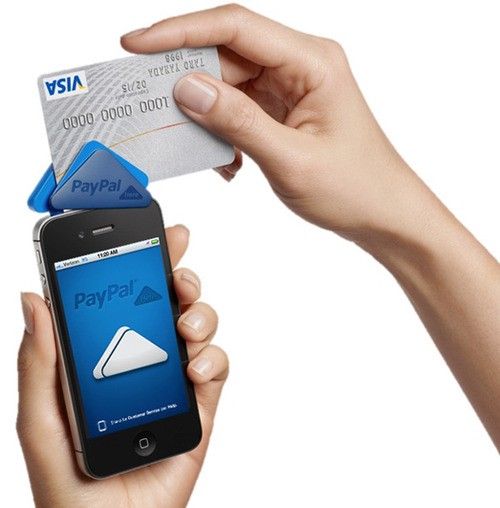
PayPal is a global leader in online payments and a fast and secure way for your customers to pay online. PayPal works with all major debit and credit cards as well. You don’t even need a PayPal account to pay with it! And the commissions are quite low.
Another advantage is that PayPal is widely extended in the retail sector in the USA — they even offer a card reader for your iPad or smartphone free of charge.
The downside of PayPal is that variable amounts can’t be automatically processed by PayPal. If you are charging a fixed amount to your members every month PayPal is a perfect fit. However if you have variable charges (i.e. you charge a monthly fee and have additional services like drinks or equipement that vary from one month to the other) your coworkers will need to manually confirm their payments every month.
